NREC-MD Members
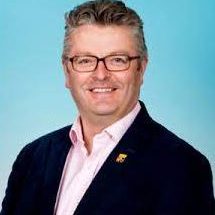
Prof Barry O'Sullivan
Professor Barry O'Sullivan, FAAAI, FEurAI, FIAE, FICS, MRIA, is an award-winning academic working in the fields of artificial intelligence, constraint programming, operations research, AI/data ethics, and public policy. He frequently contributes to global Track II AI and cyber-related diplomacy efforts. He is a co-founder of Stimul.ai. Professor O’Sullivan is a full professor at the School of Computer Science & IT at University College Cork and a member of its Governing Body. He is founding Director of the Insight Centre for Data Analytics at UCC and founding Director of the SFI Centre for Research Training in AI. Professor O'Sullivan served as Vice Chair of the European Commission High-Level Expert Group on AI from 2018-2020. In 2019 the HLEG-AI published: Ethics Guidelines for Trustworthy AI (April) and Policy & Investment Recommendations for Trustworthy AI (June). Professor O'Sullivan is a Fellow and a past President of the European AI Association (EurAI). He is also a Fellow and a member of the Executive Council of the Association for the Advancement of Artificial Intelligence (AAAI). He chairs the Advisory Board of the GRACE project at Europol, and advises multiple international research institutes in the field of artificial intelligence. In 2019 Professor O’Sullivan was appointed by Ireland’s Minister for Health to the Health Research Consent Declaration Committee. In 2020 he was appointed Chair of the Oversight Board of Health Data Research UK (North), led by the University of Liverpool. In 2021 he was appointed by the Minister for Health as Chair of the National Research Ethics Committee for Medical Devices. His awards include: Fellow of the European AI Association (2012), UCC’s Leadership Award (2013), ACP Distinguished Service Award (2014), Science Foundation Ireland Researcher of the Year (2016), UCC Researcher of the Year (2017), elected to the Royal Irish Academy (2017), Fellow of the Irish Computer Science (2018), Fellow of the Irish Academy of Engineering (2019), IPEC-EATCS Nerode Prize (2020), Science Foundation Ireland Best International Engagement Award (2021), Fellow of the Association for the Advancement of AI (2022). Professor O’Sullivan has been involved in winning over €300m in research funding.
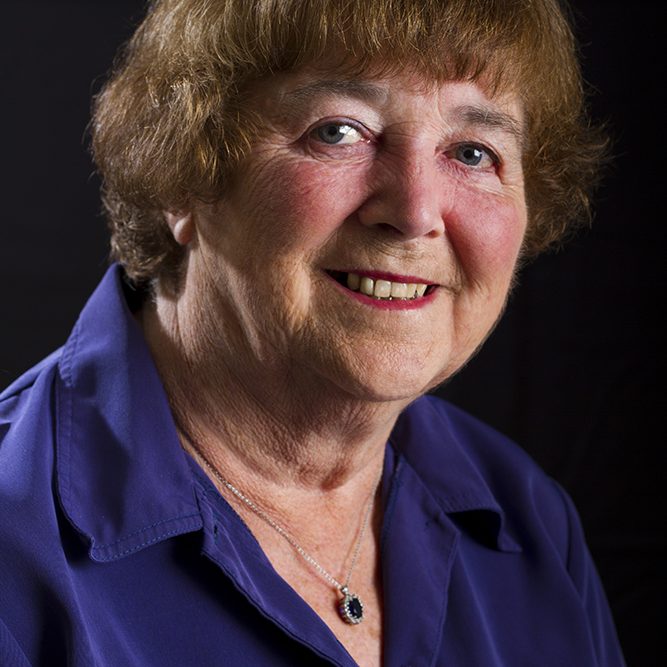
Prof Mary Sharp
Professor Mary Sharp is a Visiting Research Fellow at the School of Computer Science and Statistics, Trinity College Dublin (TCD), where she held the role of Assistant Professor for over 28 years. Mary is former chair and current member of the School Ethics Committee at TCD, where she also sits on the Faculty Ethics Committee and the College Research Ethics and Policy Committee. With a distinguished career in health informatics spanning over 30 years, she is currently the Irish delegate on both the International Medical Informatics Association and the European Federation of Medical Informatics. Within Ireland, she was appointed as member of the HPRA’s Medical Devices Committee by the Minister for Health for a ten-year period (2001-11). Mary is a fellow of both Engineers Ireland and the Irish Computer Society. At Engineers Ireland, she chairs the Ethics and Disciplinary Board and is former chair of the Biomedical Division, and within the Irish Computer Society, Mary is an executive member of the Health Informatics Society of Ireland. She also sits on the Health Informatics Standards Committees on Safety, Security and Quality under the National Standards Authority of Ireland. Since 1995, Mary has a been a regular EU evaluator of research grant applications in the area of information technology in healthcare, and in 2008, she was appointed to the European Commission body responsible for the evaluation of the ethical aspects of ongoing project funding across all programmes in the EU. Alongside her responsibilities, Mary chairs the board of the Credit Union, and is former Honorary Secretary of the Leinster Cricket Union, a role she held for 18 years. An alma mater of Trinity College Dublin, Mary earned a degree in Computer Science in 1988 and later joined the Department of Medicine and Surgery at University College Dublin as a biochemistry researcher. Mary brings her expertise and experience to the NREC-MD in her capacity as Deputy Chairperson.

Prof Declan Patton
Professor Declan Patton is Director of Nursing and Midwifery Research and Deputy Director of the Skin Wounds and Trauma Research Centre at the RCSI University of Medicine and Health Sciences. As part of his role, Declan works closely with national and international wound care and patient safety experts, as well as with public and industry funders to develop and deliver pioneering wound care research programmes that improve patient outcomes. His work in the area of patient safety and outcomes, with a particular focus on wound care research, has been published in high-impact Q1 peer-reviewed journals. In addition to his research, Declan supervises PhD and MSc students, and has delivered new third-level educational programmes for healthcare professionals, as well as educational streams for international students. Declan earned a PhD from Staffordshire University in 2009. He also holds adjunct and honorary positions at Fakeeh College for Medical Sciences, Jeddah, Saudi Arabia; the Faculty of Science, Medicine and Health at the University of Wollongong, Australia; and at Griffith University, Australia. As a member of NREC-MD, Declan looks forward to contributing to ethically sound medical device research.
Dr Alyson Bailey
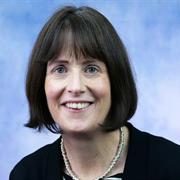
Dr Caitriona Cahir
Dr Caitriona Cahir is a Senior lecturer at the Data Science Centre (DSC), School of Population Health, Royal College of Surgeons in Ireland (RCSI), which seeks to improve human health and quality of life by applying a rigorous and innovative approach to the design, analysis and reporting of health research studies. Within her role, Caitriona lectures in research methods and biostatistics at postgraduate and undergraduate level; supervises postdoctoral, PhD, Masters and undergraduate students; and provides consultancy research support to RCSI researchers, departments and faculties. Prior to this, she worked as a Senior Research Fellow on a Health Research Board (HRB) Research Leaders Award in Statistical Epidemiology (2016-20) which investigated quality, safety and adherence to medication in primary and secondary care settings. Previously, she was a Research Officer in the Social Research Division at the Economic and Social Research Institute (2015-16) and a HRB Interdisciplinary Capacity Enhancement postdoctoral research fellow at Trinity College Dublin (2012-15), where she investigated novel approaches to cancer prevention, treatment and cost in conjunction with the National Cancer Registry of Ireland and the National Centre for Pharmacoeconomics. Caitriona holds a HRB Scholars PhD in Health Services Research (Epidemiology), a Postgraduate Higher Diploma in Psychology, and a degree in Economics. As her research is multidisciplinary in nature, including vulnerable research participants, such as older adults and/or those with chronic conditions, Caitriona joins the committee with an acute awareness of the need to protect the safety and wellbeing of clinical research participants.
Dr Daniel Coakley
Dr. Coakley graduated in Medicine from University College Cork (UCC) and is a Consultant Ophthalmologist at Cork University Hospital. He helped establish Cork’s Ophthalmology Primary Care Centre and the Diabetic Retinal Treatment arm of the National Diabetic Retinal Screening programme, serving a population of 700,000 people. He is a member of the Royal College of Surgeons, Royal College of Ophthalmologists, Royal College of Physicians and is a Fellow of the European Board of Ophthalmology. He is actively involved in undergraduate and postgraduate teaching and has lectured in Ophthalmology, Surgery and Anatomy for several Universities. He also lectures medical device engineers of some of the largest biomedical companies in the world. As manager of the Surgical skills Lab in the ASSERT Centre, Dr. Coakley oversaw international cadaveric surgical training courses and hosted research days for some of the biggest biomedical device companies in the world. He actively partakes in research and was awarded a Master of Science degree from UL and a Master of Research in Health Professionals Education degree from UCC. He's authored several publications in high index peer reviewed international medical journals and presented his research internationally. Dr. Coakley functions regularly as a peer reviewer for several medical journals.

Dr Mireille Crampe
Mireille Crampe is a clinical scientist with a research background and over 16 years’ experience working within a molecular diagnostic laboratory in an acute hospital in Ireland. She is the Molecular Diagnostic Lead within the National Project team to establish the electronic registration and integration of genetic and molecular diagnostic procedures within the national Medical Laboratory Information system.
Mireille likes to work with colleagues to support the different healthcare providers, and ultimately improve healthcare delivery and the quality of patient care in Ireland.
Trained as a life and executive coach, in her spare time Mireille engages with clients to raise their awareness and enable them make more informed choices, while working on her own continuous professional development
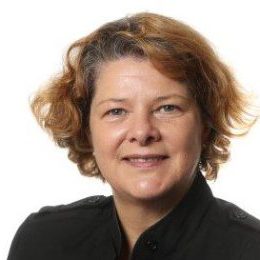
Dr Ruth Davis
Ruth Davis is a practicing barrister at the Law Library in Dublin since 2018. She has gained extensive experience in legal drafting, research, advice, advocacy and civil litigation in a wide variety of areas including personal injury, medical negligence, data protection, and judicial review. She has a particular interest in the issue of consent and has contributed to a HSE working group focused on updating their research consent policy to comply with the GDPR and the new Health Research Regulation requirements.
Ruth is a voluntary member of the research committee of the patient charity Cystinosis Ireland, which advises the charity’s Executive Board on research funding decisions focused on developing a cure and improved treatments for this challenging ultra-rare genetic disease. She has a BSc and PhD in Microbiology and prior to joining the Law Library, she worked for more than 20 years at senior management level in the Irish Higher Education sector spanning a wide range of strategic and operational portfolios. She has proven leadership ability and is highly experienced in delivering public sector projects and in managing multiple stakeholder relationships (academic, professional and government).
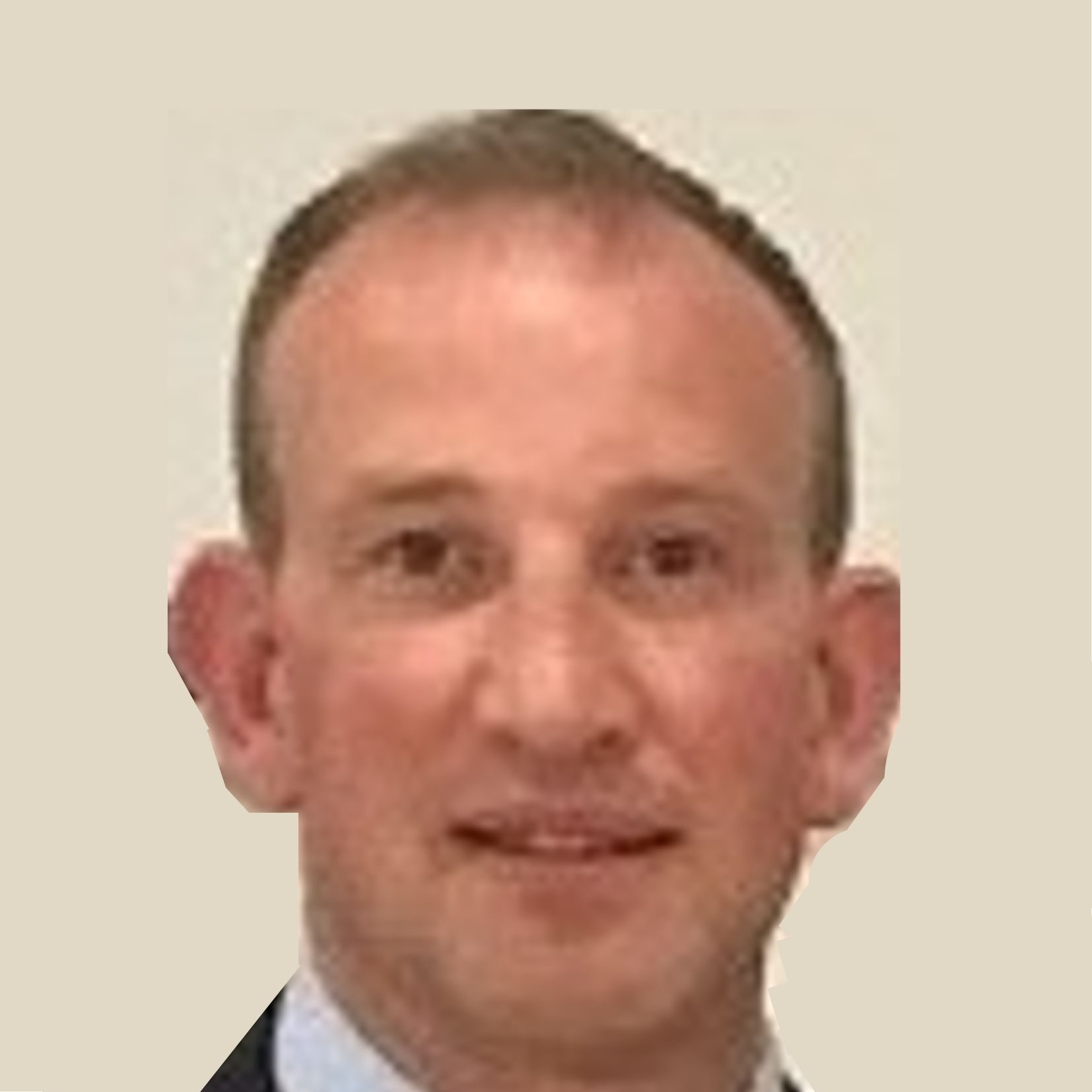
Prof Owen Doody
Dr Owen Doody is a Senior Lecturer in the Department of Nursing and Midwifery at the University of Limerick (UL). Owen is a teaching award winner, having represented the faculty in the University Teaching Awards. His teaching focuses on intellectual disability, research and practice development in nursing and midwifery. At UL, he is a member of the Health Research Institute which focuses on convergent and translational health research to enhance the health and wellbeing of individuals and transform the health environment. Owen has also been involved in national projects related to intellectual disability, nursing, leadership, and older adults. Prior to joining UL, he spent over 10 years caring for children and adults with an intellectual disability at the Daughters of Charity in Limerick, initially as an intellectual disability nurse and later, as a clinical nurse manager. Having graduated from the Royal College of Nursing at the University of Manchester in 2005, he then went on to complete a PhD in nursing at Ulster University in 2012. Owen has published two articles on ethics in research and co-authored a book on nursing and healthcare ethics, and his research interests include specialist nursing practice, community living for persons with intellectual disability, and person-centred approaches to care and service delivery. Owen is passionate about the protection and inclusion of vulnerable groups and was motivated to join the committee to ensure diverse representation on clinical trials and safeguard the wellbeing of patients. In his spare time, he is actively involved in his local community. He is the former chair and current Child Welfare Officer of his local GAA club, Bord na nÓg, in County Tipperary, and sits on the committee of a rural regional day care centre for older adults.
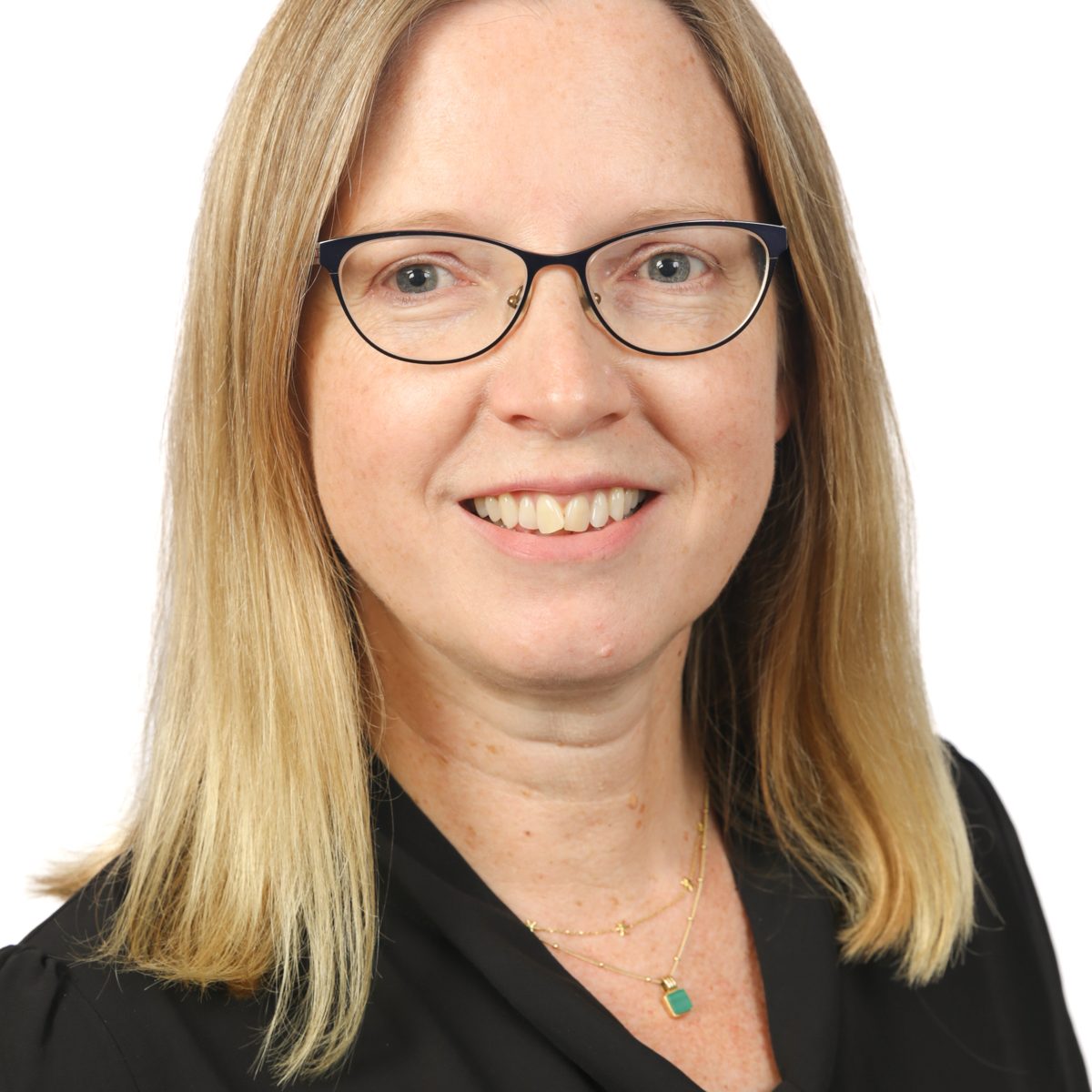
Prof Róisín Dwyer
Prof Róisín Dwyer is Associate Professor in Translational Science at University of Galway. Her research group focuses on cell communication in breast cancer, with a view to harnessing this knowledge for development of novel gene therapy approaches for advanced disease. Following her PhD at University College Dublin, Róisín completed a postdoctoral fellowship at the Mayo Clinic (USA), investigating novel approaches to breast cancer imaging and therapy. Upon her return to Ireland this was further advanced by developing tumour-targeted vehicles for delivery of therapeutic agents. Róisín works with a multidisciplinary team of scientists, clinicians and patient advocates in the Lambe Institute for Translational Research at University of Galway. Working closely with patients and employing clinical and preclinical samples in her research, along with contributing to University ethics committees, means Róisín has significant experience relating to the ethical considerations of research. She is keen to share this experience and continue to contribute to the dynamic and evolving nature of research ethics, which motivated her to join the committee.
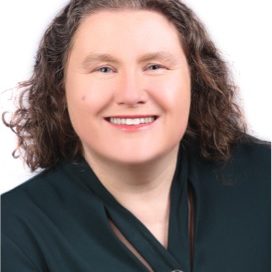
Prof Suzanne Guerin
Suzanne is Professor of Psychology (Research Design & Analysis) at the UCD School of Psychology. She teaches undergraduate and postgraduate research methods modules, including qualitative, quantitative and mixed methods research. She is particularly interested in issues relating to knowledge transfer and impact, and integration in mixed methods research. Her main research activities lie in the broad area of health services research, with a specific focus on aspects of intellectual disability, as well as cancer and palliative care. She enjoys collaborative multidisciplinary research that addresses questions relevant to practice and holds a research role in St Michael's House Disability Services. Suzanne is a member of the All Ireland Institute for Hospice and Palliative Care (AIIHPC) Palliative Care Research Network.
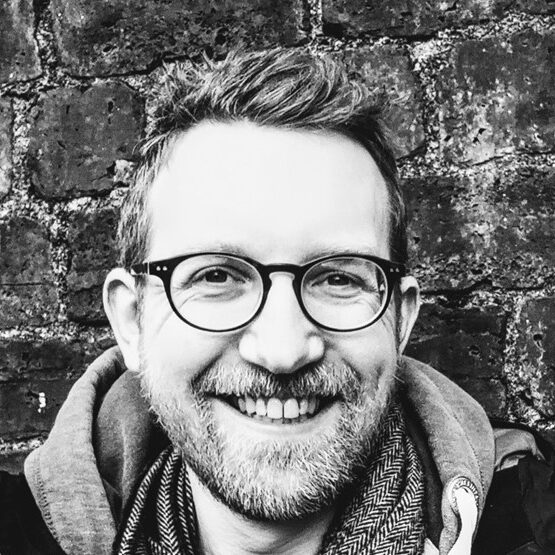
Dr James Gilroy
Dr James Gilroy is a medical doctor and Specialist Registrar in Public Health Medicine, with the RCPI. Before training in Public Health Medicine, he worked in the regulation of Medical Devices with the HPRA and was involved in work to implement aspects of the Medical Devices Regulation and In Vitro Diagnostic Regulation in Ireland. Prior to working with the HPRA, he trained in Anaesthesiology and is a Fellow of the College of Anaesthesiologists in Ireland. James holds a degree in Medicine from Queen’s University Belfast, a Masters in Public Health from University College Dublin and a degree in Mechanical Engineering from University College London.

Dr Frank Houghton
Dr Frank Houghton is a Public Health Geographer in the Department of Applied Social Sciences at Limerick Institute of Technology (LIT). As a founding member of LIT’s Research Ethics Committee, Frank teaches research ethics to both undergraduate and postgraduate students. He also co-founded LIT’s Genders & Sexualities Research Group; is Director of one of LIT’s five research institutes; and sits on LIT’s Research & Development Academic Sub-Committee. Among his memberships, he was elected as a member of the Royal Irish Academy Geographical Sciences Sub-Committee and was Independent Chair of the Mid-West Traveller Health Forum, as well as being involved in the National Open Research Forum Open Access Working Group. Frank returned to Ireland in 2017 following a three-year career break in Spokane, Washington State, where he held the role of Associate Professor & Chair of the Department of Public Health & Health Administration at Eastern Washington University, and sat on the board of Spokane Aids Network. Frank has a long-standing research interest in the areas of health equity, spatial analysis, mental health, tobacco and alcohol control, minority health and information barriers and suppression. He was motivated to join the committee in order to help advance treatment options and overcome healthcare challenges, while balancing the highest standards in safeguards and protections. Frank earned a PhD in Health/ Medical Geography from NUI Maynooth in 2003, and later went on to complete a Masters in Population Health Evidence at the University of Manchester in 2008.
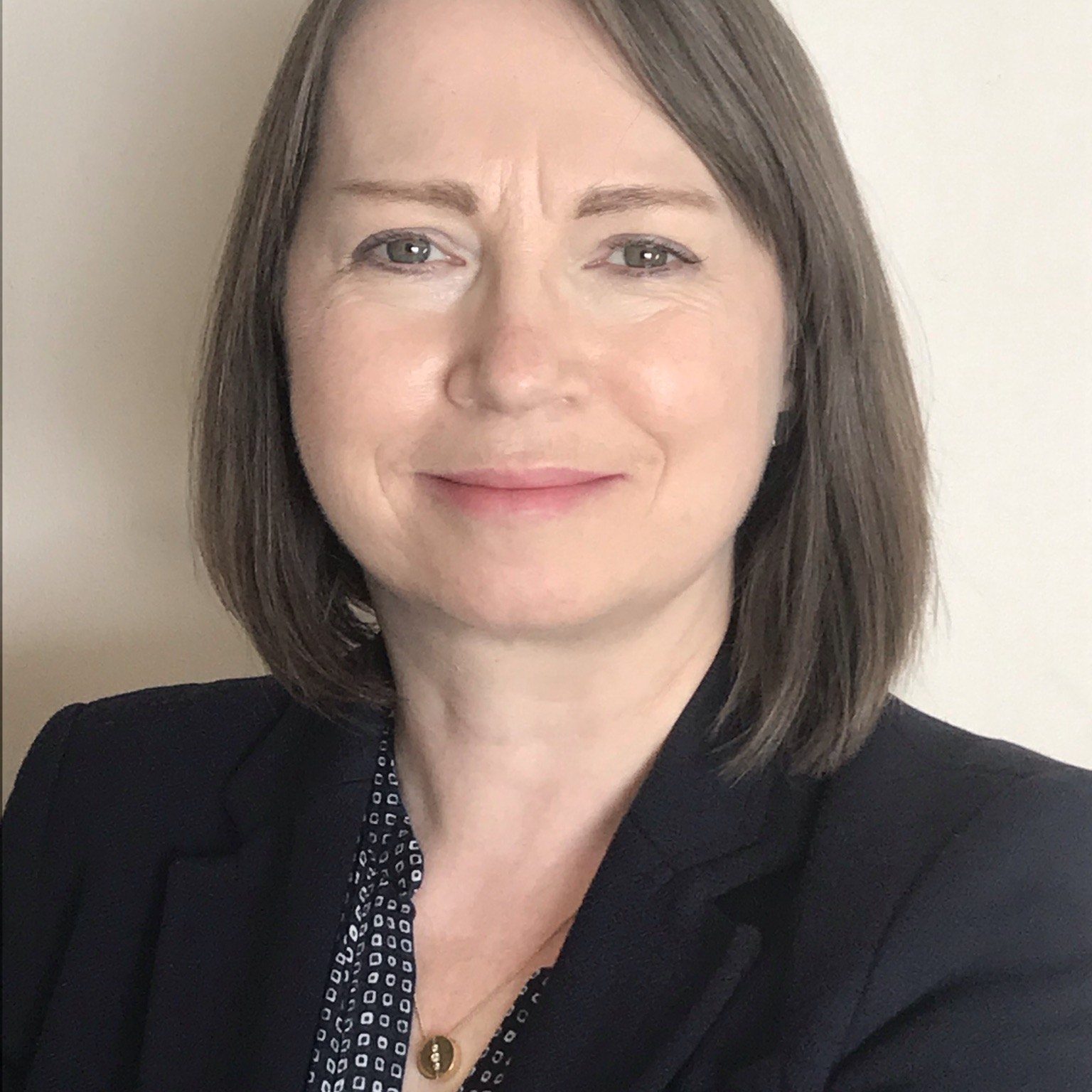
Ms Orla Lane
Orla Lane held the role of Adjunct Assistant Professor of Economics at Trinity College Dublin from 2009-19, where she taught courses in industrial economics and mathematics. Previously, Orla was a Senior Research Officer at the Policy Institute, Trinity College Dublin (2001-03), where she was Secretary to the Advisory Committee of the Policy Institute; taught and coordinated the MSc in economic policy studies; and managed the Institute’s Visiting Research Fellowship programme. From 1998-2001, Orla was an economist with the National Economic and Social Council, a statutory body that provides advice to government on strategic policy issues, and earlier in her career, she worked as an economist in the US for consulting firms DRI/McGraw-Hill and KPMG. Orla’s research interests include national and strategic issues in areas including education, the economic contribution of research and innovation, healthcare policy, and the management of public expenditure. Her motivation for joining the committee stemmed not only from her professional background, but also her personal experience of healthcare in Ireland. Living with Type 1 diabetes since her teens and a two-time cancer survivor, Orla looks forward to being an advocate for patients in Ireland by adding value to the patient experience and protecting the wellbeing of research participants. A graduate of Trinity College Dublin, Orla earned B.A. (Mod.) and M.Litt. degrees in Economics in 1991 and 1993 respectively, followed by a Diploma in Higher Educational Studies in 2016.
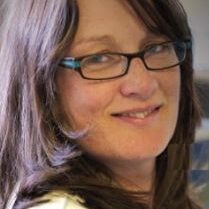
Prof Cara Martin
Cara Martin, BSc (Hons), MSc, PhD, FRCPath, is an Associate Professor in Molecular Pathology, Tumour Biology and Cancer Screening the School of Medicine, Trinity College Dublin. She is co-lead for Cancer Prevention Research Theme at the Trinity St James’s Cancer Institute (TSJCI). Cara serves on several committees including acting as vice chair of the Coombe Hospital Research Ethics Committee; Member of TSJCI Biobanking Network; The Scottish HPV Archive; International HPV Alliance; the EU HPV Action Network; Translational Research Representative and Secretary for the Irish Society of Gynaecological Oncology (ISGO) committee.
She leads the HPV Research Group based in Trinity College Dublin and the Coombe Hospital. Her research programme consists of translational health services-based research and basic research approaches in cancer screening, female gynaecological cancers, head and neck cancers and other HPV associated cancers.
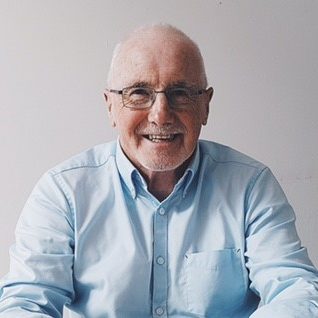
Mr Billy McCann
Billy McCann is a passionate patient advocate, having dedicated many years to advancing public and patient involvement. Since 2018 Billy has been a member of the National Biobank Working Group that consults with the National Adult Literacy Association (NALA); the Data Protection Officers Network; and works closely with the ‘Patient Voice in Cancer Research’ initiative hosted by University College Dublin, to inform the patient experience from a non-medical perspective. Prior to his current role, Billy was Director of the Board of the Coeliac Society of Ireland (2009-16). Following a Lymphoma diagnosis in 2015, he volunteered with the ARC Cancer Support Centre in Dublin, where he facilitated ‘Thrive and Survive’, a six-week evidence-based programme developed by Stanford University to help patients build their confidence post-cancer and inform patients on chronic disease self-management. Since 2018 Billy has been a member of the Thrive and Survive Survivorship Subgroup of the National Cancer Control Programme, which oversees the national rollout of the programme. With over ten years’ experience as an adult literacy tutor with NALA (1983-93), he is acutely aware of the importance of ensuring that information materials are written and presented in an accessible way for people with limited literacy skills. Billy holds a strong belief in the value of scientific research, informed by his own personal experience with cancer. Coming from a non-medical background, Billy is uniquely positioned to understand how ‘the average’ patient feels. He looks forward to serving patients in the best way possible, by ensuring they are provided with as much clear information as possible and involved in new research and treatment options at an early stage, all with the aim of contributing to positive patient outcomes and making a meaningful difference to scientific advancement.
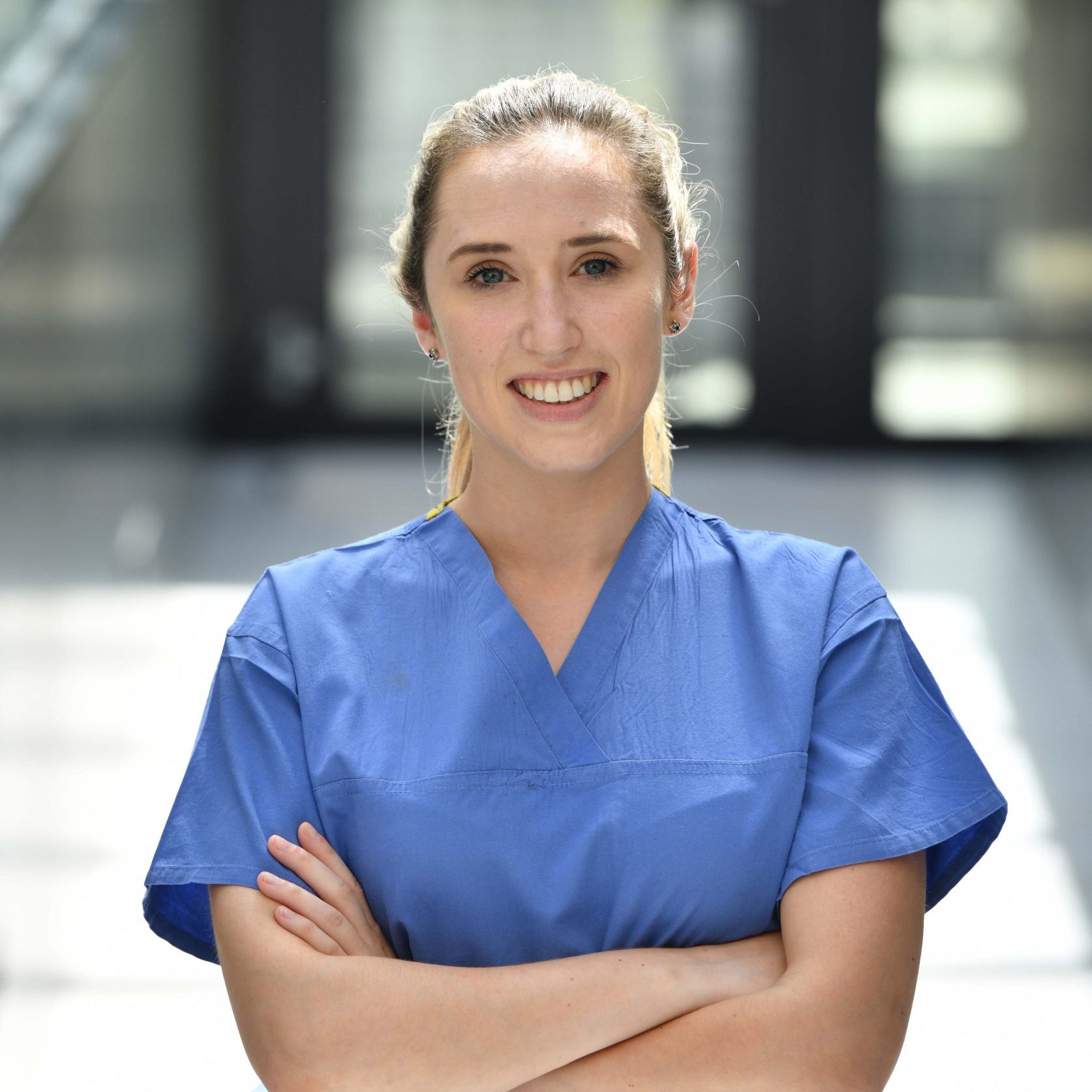
Dr Natalie McEvoy
Dr Natalie McEvoy is a StAR Research Lecturer in Critical Care Nursing based in the Department of Anaesthesia and Critical Care at the Royal College of Surgeons in Ireland (RCSI). Natalie is an Irish Research Council Awardee and was awarded her PhD by the School of Nursing and Midwifery at the RCSI. She is Chairperson of the Irish Association of Critical Care Nurses (IACCN). Throughout the COVID-19 pandemic Natalie worked on a number of Intensive Care Unit (ICU) research studies, and coordinated the first approved clinical trial in Ireland for COVID-19. Natalie is Co-Editor of The International Journal of Critical Care, the official journal of the World Federation of Critical Care Nurses. She is also an Associate Editor with Nursing in Critical Care Journal and Trials Journal. In November 2023, Natalie was given a commendation award at the Irish Research Council Researcher of the Year awards (early career category). Natalie was awarded a Fulbright 2023-2024 Scholarship to travel to the Children's Hospital of Philadelphia and University of Pennsylvania to undertake a research study which aimed to identify a set of outcomes to incorporate into unit and nursing dashboards across acute and critical care settings. Natalie is a fellow of the American Academy of Nurses (FAAN) and the Faculty of Nursing and Midwifery at the RCSI (FFNMRCSI).
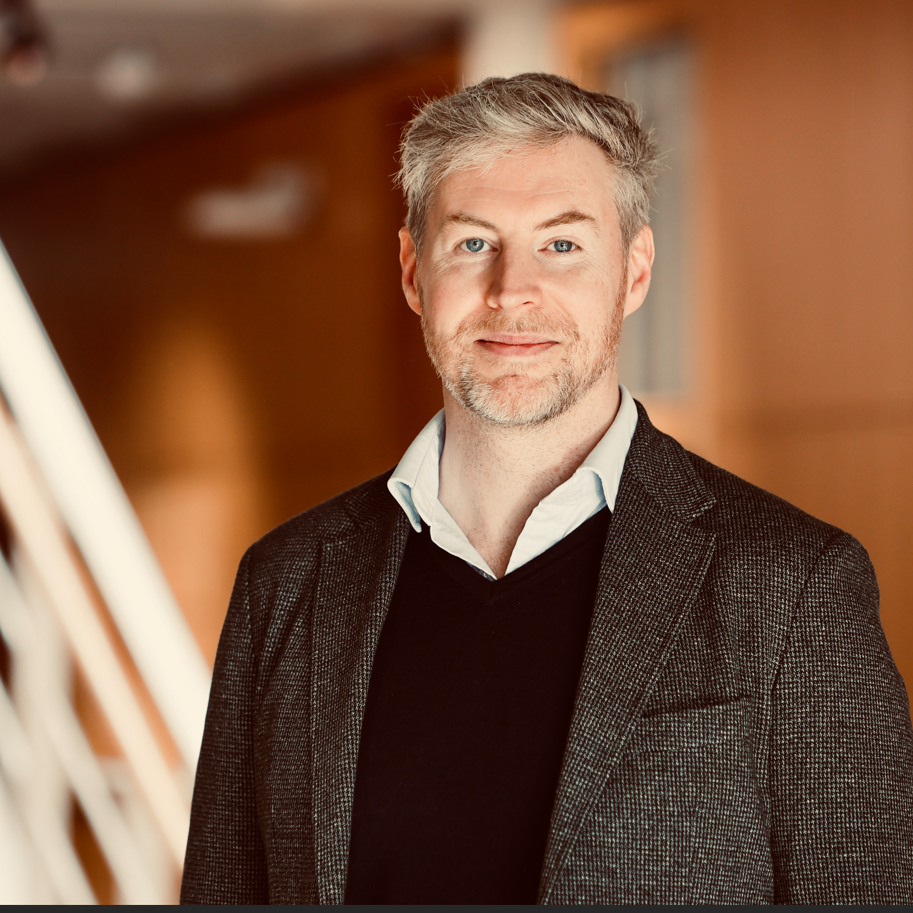
Prof Tom Melvin
Tom Melvin is Associate Professor of Medical Device Regulatory Science at the University of Galway. Tom is Chair of the Biomedical Alliance Regulatory Affairs Committee and a member of the European Medicines Agency Expert Panels for medical devices and the European Society of Cardiology Regulatory Affairs Committee. Tom previously worked as Associate Professor in Medical Device Regulatory Affairs at Trinity College Dublin and was a senior medical officer for medical devices at the Health Products Regulatory Authority.
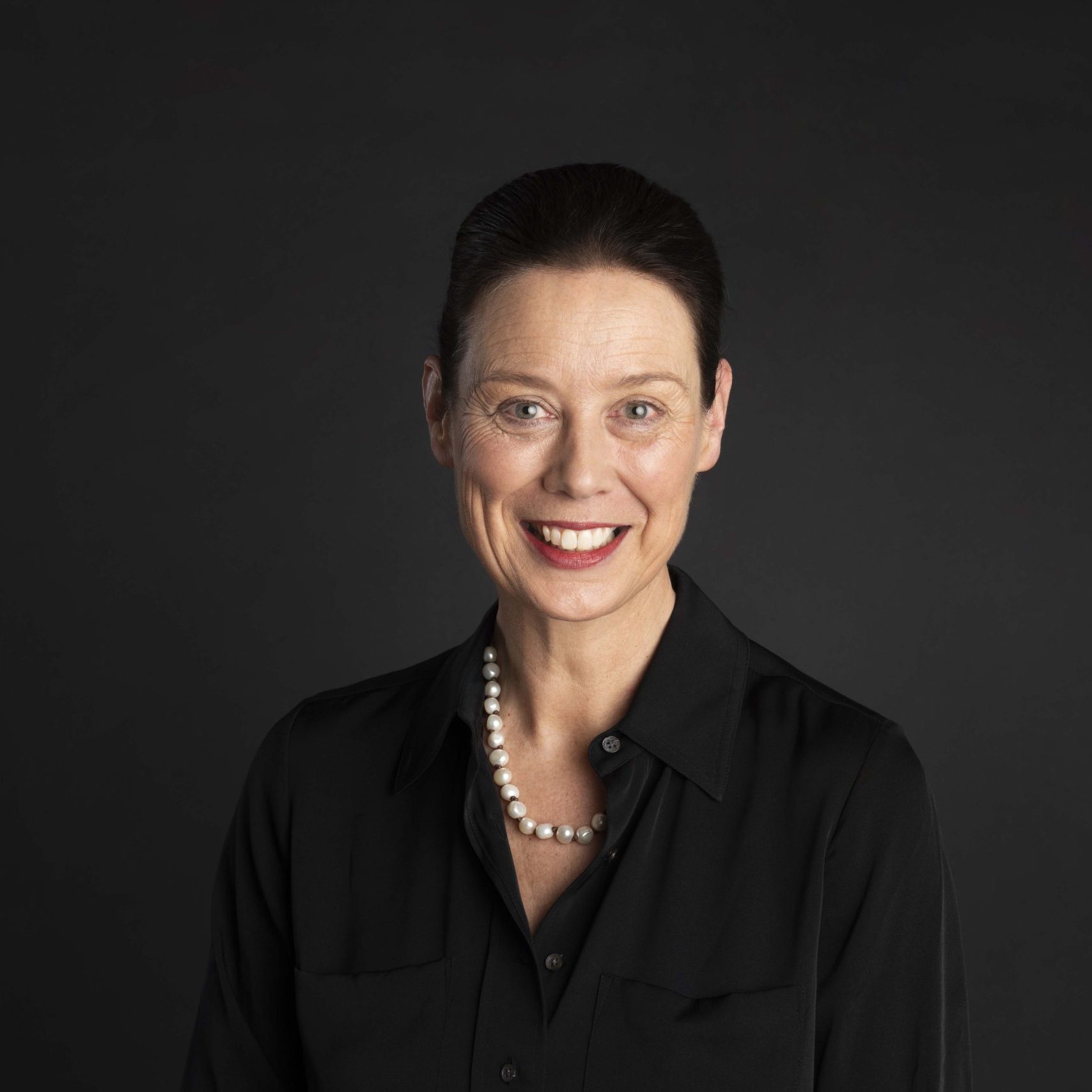
Prof Therese Murphy
Professor Thérèse Murphy is Professor at the School of Law, Queen’s University Belfast. Thérèse has more than 20 years’ experience in the design and delivery of law modules. She is particularly interested in health and human rights, including the right to science and the relationship between new technologies and human rights. Prior to joining Queen's Belfast in 2015, Thérèse was Professor of Law and Co-Director of the Economic & Social Rights Unit at the University of Nottingham. Among her memberships, she is a member of Northern Ireland's Health & Social Care Regional Clinical Ethics Forum and the UK four-nations Moral & Ethical Advisory Group of the Department of Health and Social Care in London. She is also a member of the Ethical Advisory Group established by Northern Ireland's Regulation & Quality Improvement Authority as part of the expert review of the records of the deceased patients of Dr W. More widely, she is chairperson of the European Master's in Human Rights & Democratisation, an interdisciplinary postgraduate programme sponsored by the European Commission, and sits on the governing body of the 100-university Global Campus of Human Rights. Awards for Thérèse's research have come from a range of sources. She has been a Fulbright Scholar at Harvard Law School, a Holding Redlich Distinguished Visiting Fellow at Monash University, a Visiting Research Professor at the Law & Innovation Group at Newcastle University, and both a Jean Monnet Fellow and a Fernand Braudel Senior Fellow at the European University Institute in Italy. Thérèse is a graduate of both University College Dublin and Cambridge University, and later qualified as a barrister. She is a firm believer that ethical depth is crucial to responsible research and innovation, and looks forward to bringing curiosity and commitment to her role as committee member.
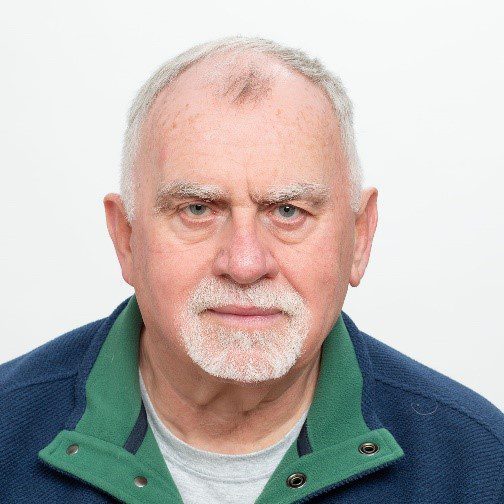
Dr Declan O’Callaghan
Dr Declan O’Callaghan is a registered Specialist in Pharmaceutical Medicine. He graduated in medicine in UCD and subsequently completed diplomas in health economics and corporate governance. He spent 15 years practicing in clinical and academic cardiology. He then joined the pharmaceutical industry and served as medical director in a number of major companies (Bristol Myers Squibb, Wyeth and Pfizer). Declan served as Chairman of the Association of Pharmaceutical Physicians in Ireland for a number of years and oversaw the recognition of Pharmaceutical Medicine as a recognized specialty in Ireland. He retired from Pfizer in 2022.
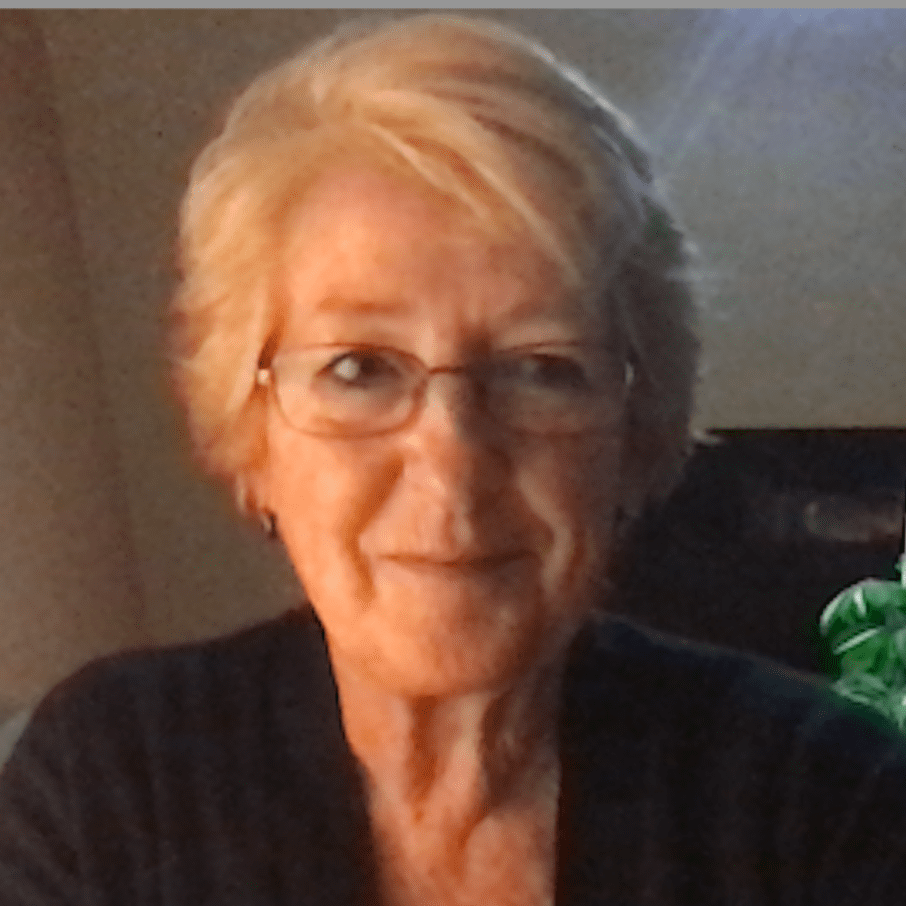
Dr Clare O'Connor
Dr Clare O’Connor is a retired Associate Professor / Senior Lecturer from the School of Medicine, UCD. Having graduated with a biochemistry degree from UCD, her academic career focused on biomedical research in the area of inflammatory lung diseases, where she contributed significantly at international level and led a research team as a Principal Investigator in the UCD Conway Institute of Biomedical and Biomolecular Research. Clare also lectured in immunology and biochemistry to medical students; supervised postdoctoral, PhD, Masters and undergraduate students and, as Graduate School Director of the College of Life Sciences (2007-2013), oversaw the development of postgraduate courses and doctoral research training in the College. Since 1996 Clare has a been a regular EU evaluator of research grant applications in the area of biomedicine, with particular emphasis on ethics evaluation, and has served as chair and member of DG Research and Innovation Ethical Review panels for FP6, FP7, H2020 and Horizon Europe programmes. Outside of her academic career, Clare was an ICTU nominee to the Employment Appeals Tribunal, which adjudicated on employment rights cases, for 21 years (1985-2006) and served as a ministerial appointee to the board of the VHI (1995-2000). She was also a founding member and Chair (1990-1995) of Women in Technology Science, a national organisation for promoting participation of women in STEM and member of the Health Action Group of the (then) Council for the Status of Women (now The National Women’s Council of Ireland) from the mid-80s to early 90s.

Prof Paul O’Connor
Prof Paul O’Connor is a Senior Lecturer in Primary Care and Human Factors Psychologist at the National University of Ireland, Galway (NUIG), where he is also Research Director of the Irish Centre for Applied Patient Safety and Simulation and Co-director of the Masters/Diploma in Patient Safety and Simulation. Paul first joined NUIG as a Senior Research Methodologist in 2010. Prior to this, he was a Medical Service Corps Officer in the U.S. Navy where he served as a Research Psychologist and Experimental Diver at the Navy Experimental Diving Unit. During his tenure, he also served as an Instructor in Aviation Psychology at the Navy/Marine Corps School of Aviation Safety and was an Assistant Professor in the Operations Research Department at the Naval Postgraduate School. Paul’s research and teaching centre on improving human performance and safety in high-risk work environments. He has worked across a range of high-risk industries including nuclear power generation, offshore oil production and military aviation and special forces. In recent years, his research and teaching have focused on the human factors that contribute to patient safety and quality of care, and he has authored over 150 publications on a range of safety and human factors issues. An alma mater of the University of Aberdeen, Scotland, he earned a PhD in Psychology in 2002. Paul joins the committee with a commitment to leverage his experience to progress patient safety and the design of medical devices through rigorous testing and evaluation to deliver effective, safe and easy to use medical devices.
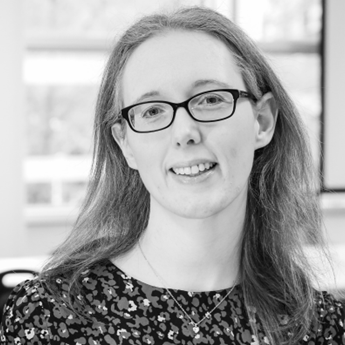
Dr Joanne O'Dwyer
Dr Joanne O’Dwyer is a Pharmacist with experience spanning hospital and community Pharmacy and academic research. She completed her PhD in the Royal College of Surgeons in Ireland where she developed innovative methods for targeted drug delivery to the heart. Joanne subsequently worked as a postdoctoral researcher in University of Galway and Massachusetts Institute of Technology developing medical devices for drug and cell delivery with a particular emphasis on cancer therapies.
Currently a Senior Lecturer in Pharmacy and Pharmaceutics at the University of Galway, Joanne is leading the development of a new Pharmacy degree programme for the University. Her research is dedicated to advancing the development of hydrogels and medical devices aimed at improving the treatment of diabetes, hypertension and diabetic eye diseases. Joanne is also passionate about patient and public involvement in research and education.
Joanne combines her extensive clinical Pharmacy experience and expertise in medical device development when reviewing applications to the National Research Ethics Committee.
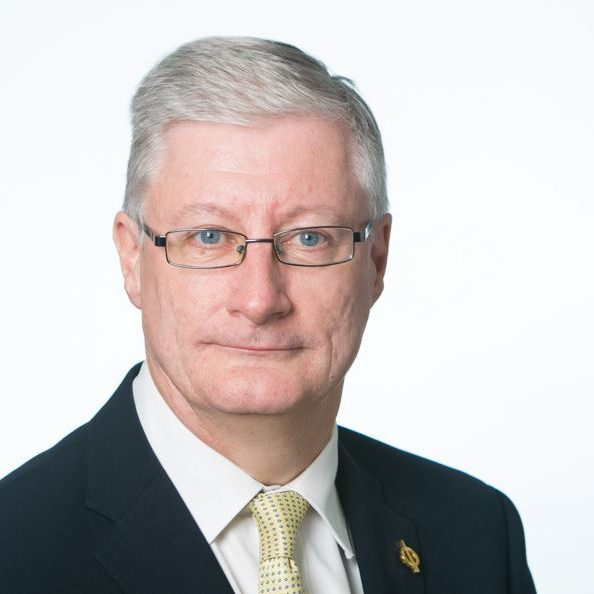
Mr Damien Owens
Damien Owens is Registrar, Chief Risk Officer, and a Fellow of Engineers Ireland. A significant focus of Damien’s work involves implementing an accreditation process for engineering programmes delivered in Ireland. This involves close work across Higher Education Authorities as well as professional bodies in order to improve education on the Engineers Ireland Code of Ethics, and ensure that engineering courses in Ireland meet the highest international ethical standards. Damien represents Engineers Ireland in several international organisations. He was elected Chair of the International Engineering Alliance (2021-23); is President of the European Network for Accreditation of Engineering Education (2020-21); contributes to the EU Directive on Professional Qualifications; and is a current member of the Accreditation Board of the Hong Kong Institution of Engineers. At a national level, Damien was elected to the Council of Engineers Ireland and participates on the Irish Inter-Professional Association that works to promote the highest standards of professional practice for the public good; and is former chair of a SOLAS Technical Working Group. Prior to joining Engineers Ireland in 2010, Damien worked in the telecommunications sector, largely in the area of product development. A Chartered Engineer and alma mater of Trinity College Dublin, Damien earned a Bachelor Degree in Engineering in 1983; a Master in Engineering in 1991; and a MBA with the Open University in 2000. Damien was motivated to join the committee to share his broad experience in ethics education and professional practice, and gain a wider perspective on the intersection between technology and process, and the cultural, social and technology impacts on ethics review.
Prof Mahendra Varma
Professor Mahendra Varma, OBE, has been a Consultant Cardiologist and Diabetologist at the Erne Hospital in Enniskillen since 1982. Throughout his distinguished medical career Mahendra has been a board member of many fora of the National Health Service (NHS) and is the former chair of several medical organisations including the British Medical Association; the Irish Cardiac Society; and the Department of Health Task Force on Sudden Cardiac Death (NI). Mahendra has also chaired the Governance Board for the Northern Ireland Chest, Heart and Stroke Association since 1990; contributed as an Expert Member on the Northern Ireland Research and Ethics Committee for over 10 years; and is a former member of the BBC NI Audience Council. In addition, he has been an examiner at both the Royal College of Physicians and Surgeons of Glasgow; and the Royal College of Physicians of Ireland since 1988. Mahendra is a Fellow of the European Society for Cardiology; the Royal College of Physicians of Ireland; and the Irish Cardiac Society. Originally from South Africa, Mahendra came to Ireland in 1963 to study medicine at the Royal College of Surgeons in Ireland. Upon graduating he was awarded a MRC fellowship in medical research at Trinity College Dublin. Since qualifying in 1969, Mahendra has maintained a keen interest in research, having been involved as an investigator in landmark national and international clinical trials at the Department of Therapeutics, Queen’s University Belfast, and the Erne Hospital. Mahendra is guided by risk management, clinical governance and ethical considerations when making analytical assessments involving patient care and safety. He looks forward to bringing these same principles to his role as committee member.
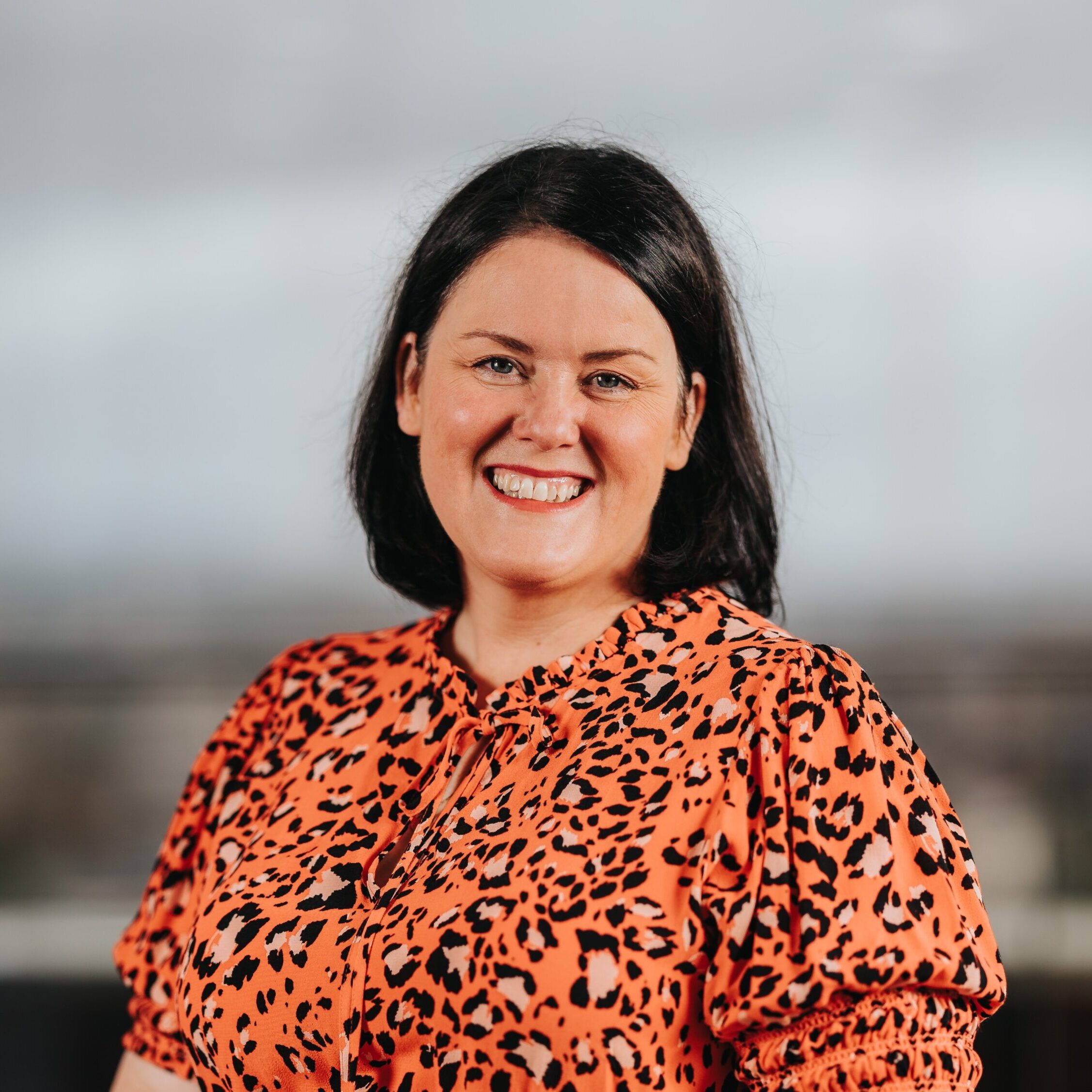
Ms Simone Walsh
Simone Walsh is Chair and Programme Manager of the Irish Research Nurses and Midwives Network (IRNM). A dedicated leader in advocating for stable employment, career progression and education for research nurses and midwives on the Island of Ireland.
Along with 18 years’ experience in research project management and, study feasibility and activation, Simone is a certified PMP, RGN and holds a MSc in Public Health. She was appointed by the Irish Minister for Health to the National Clinical Trials Oversight Group and the National Research Ethics Committee for Medical Devices. She is a member of the Department of Health ERB Recommendation 24 & 25 Implementation Group
Simone worked on the National Drug Related Deaths Index at the Health Research Board, gaining extensive experience in managing national epidemiological surveillance systems. Before taking up her role at the IRNM, Simone was the Senior Research Projects Manager at the Skin Wounds, and Trauma Research Centre, RCSI University of Medicine and Health Sciences. Here she specialised in research governance and medical technology regulatory affairs.
Mr Peter Woulfe
Peter Woulfe is a Chartered Clinical Scientist and Chief Medical Physicist with the Galway Clinic. He is also an Honorary Adjunct Lecturer in Medical Physics at the National University of Ireland, Galway, and is currently completing his Research PhD at the University of Limerick. Peter’s studies have led to a project entitled ‘Origin’, that has the potential to dramatically reduce the risk of errors in the treatment of prostate and gynaecological cancers. The project was awarded funding of almost €5m over three years under the European Union’s Horizon 2020 research and innovation programme. It aims to deliver more effective cancer treatment through advanced real-time radiation, source localisation, and development of an optical, fibre-based sensor system that will support diagnostics-driven therapy through enhanced adaptive brachytherapy. Peter currently sits on the board of this consortium group, with project partners that include the Galway Clinic, Queen’s University Belfast, and several universities across Europe. He is also a corporate member of the Institute of Physics and Engineering in Medicine in the UK; is former Vice-President of the Irish Association of Physicists; and works closely with the Graduate Entry Medical School at the University of Limerick to promote continued research and development within the profession. Peter is unrelenting in achieving improved outcomes for Irish patients and was motivated to join the committee to help advance clinical impact through science.

